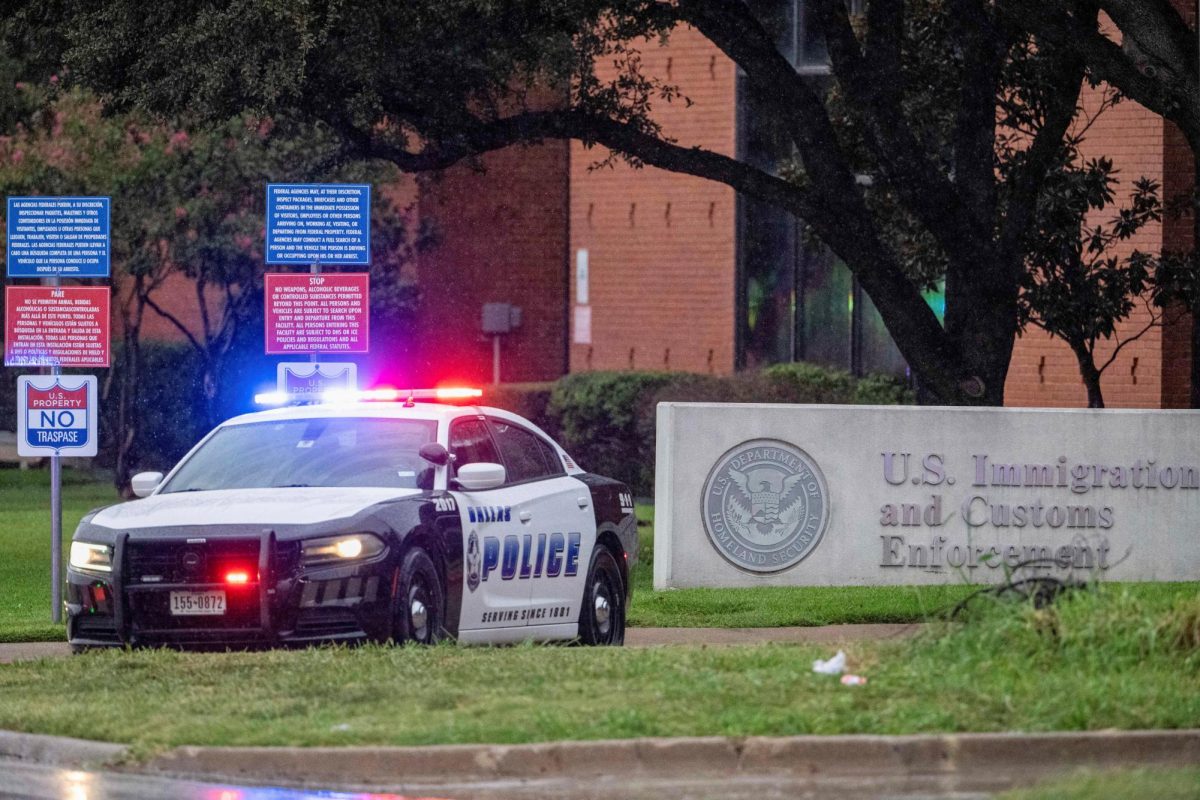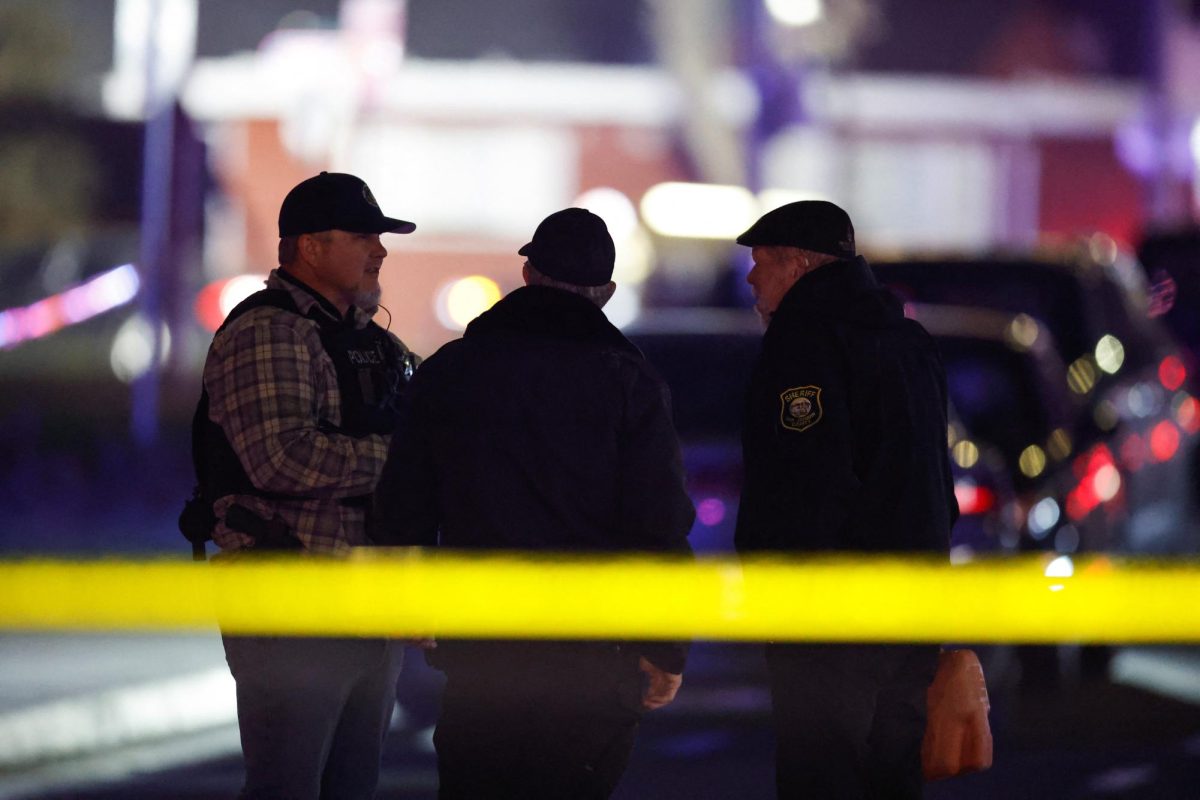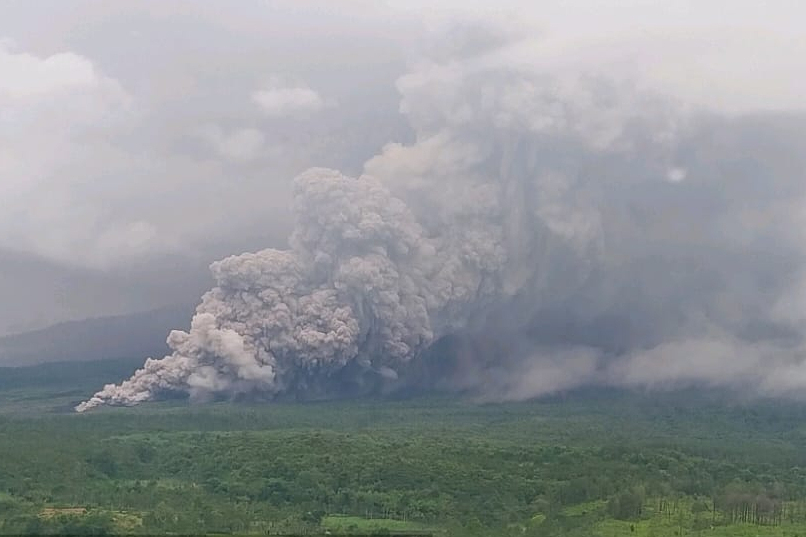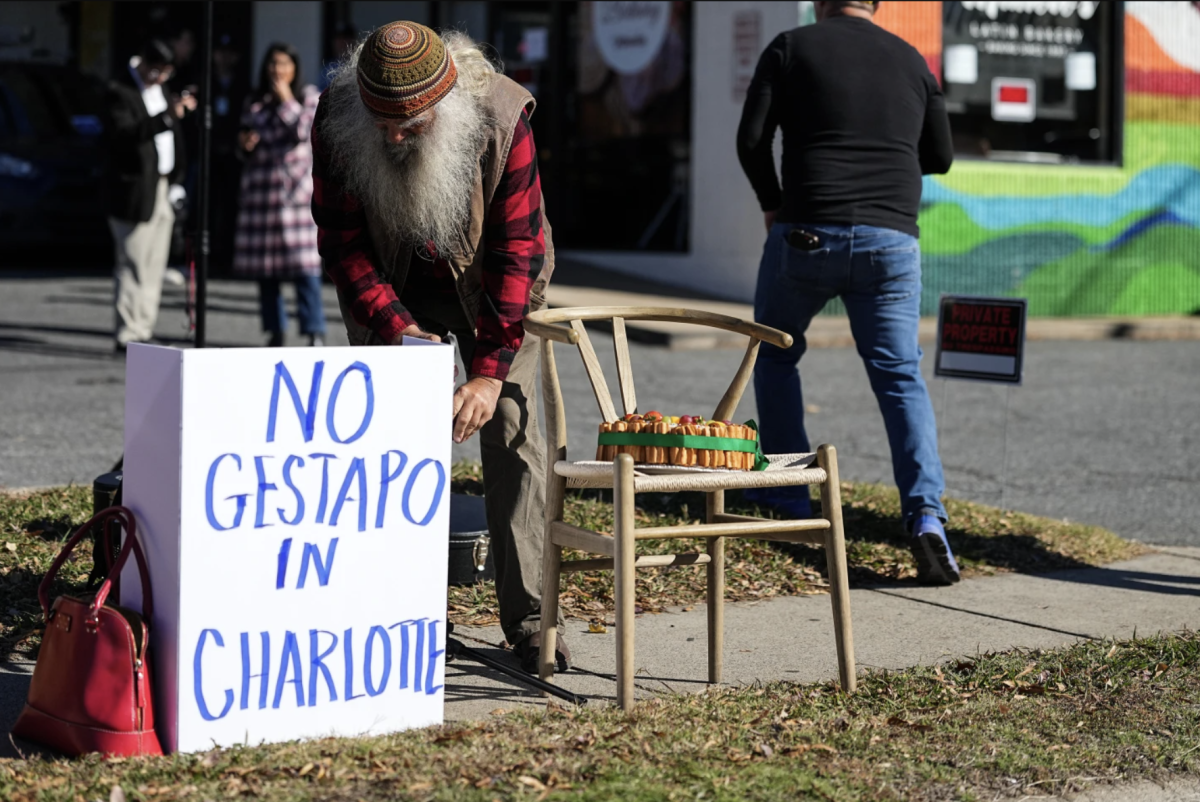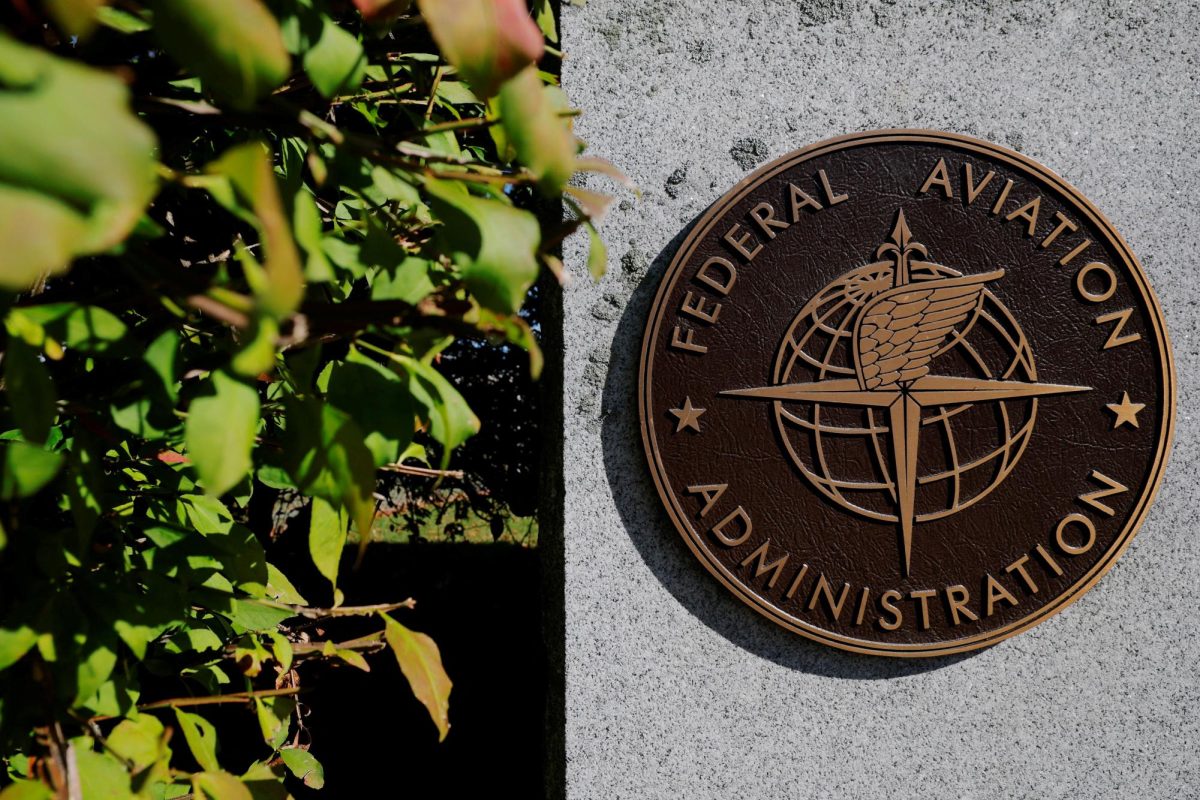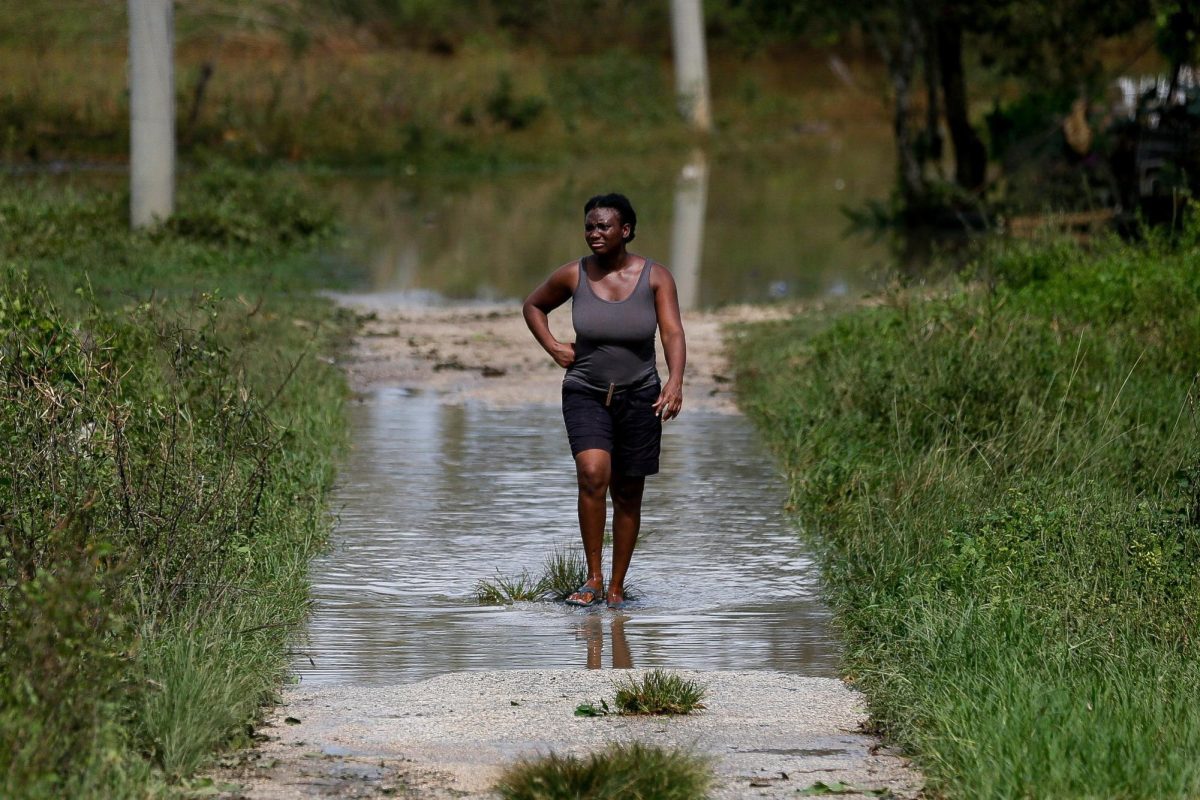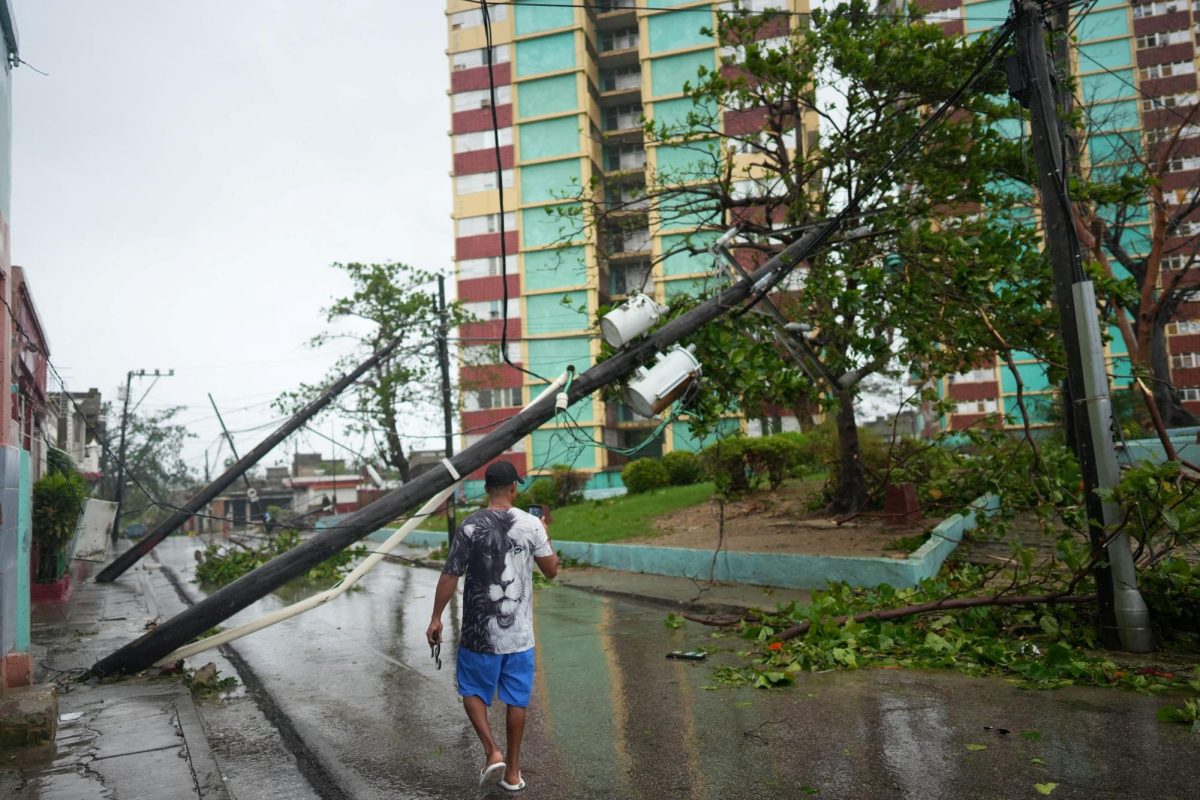Shooting at ICE facility in Dallas
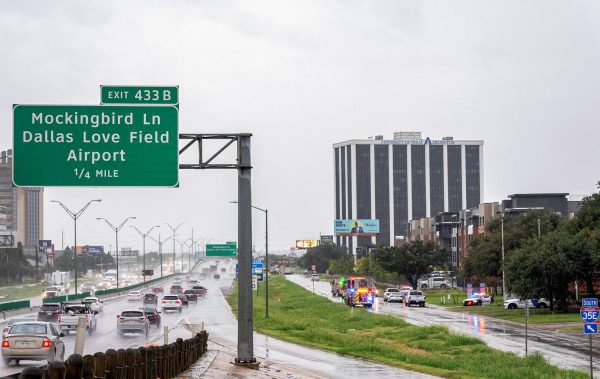
A shooter opened fire at a U.S. Immigration and Customs Enforcement (ICE) facility in Dallas on Wednesday, killing one detainee and injuring two others before taking his own life, according to AP News.
The FBI is investigating the attack as targeted violence after discovering a shell casing with “ANTI-ICE” written on it. The shooter was identified as 29-year-old Joshua Jahn.
No ICE agents were injured when Jahn opened fire from the roof of a nearby apartment building.
Wall Street slides after record highs
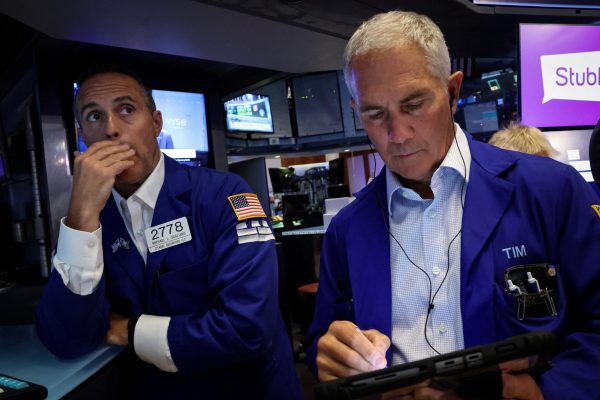
U.S. stocks dipped Tuesday after setting all-time highs in each of the previous three days. The S&P fell 0.6%, the Dow Jones Industrial average slipped 0.2% and the Nasdaq composite dropped 0.9%, according to AP News.
After bottoming out in April, stocks surged back, sparking criticism that they were moving too high, too fast and becoming too expensive, according to AP News.
Federal Reserve Chair Jerome Powell warned that stock prices appear “fairly highly valued.”
Wall Street’s most influential stock, Nvidia, fell 2.8% after announcing a $100 billion investment in OpenAI to build out data centers. Amazon and Microsoft, which helped drive the recent surge, also slipped overnight.
WHO denies link between Tylenol and autism
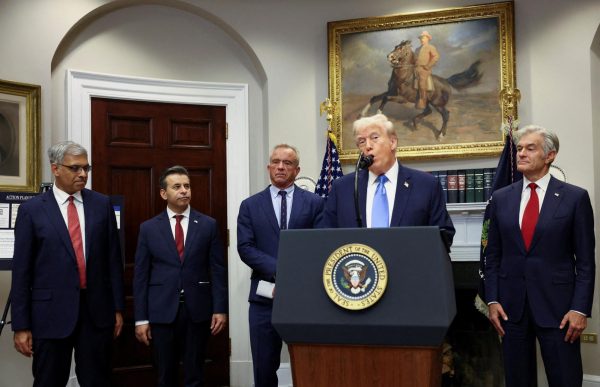
The World Health Organization (WHO) said that there is no conclusive evidence linking the use of acetaminophen during pregnancy with autism in children.
President Donald Trump, alongside Health and Human Services Secretary Robert F. Kennedy Jr., FDA Commissioner Dr. Marty Makary, Centers for Medicare and Medicaid Services Administrator Dr. Mehmet Oz, and National Institutes of Health Director Dr. Jay Bhattacharya, announced at the White House in Washington, D.C., on Sept. 22, 2025, that autism is linked to childhood vaccines and the use of Tylenol by pregnant women and children, according to Reuters.
The WHO has emphasized the importance of basing public health policy on verified scientific data.
U.S. prepares support for Argentina amid economic crises
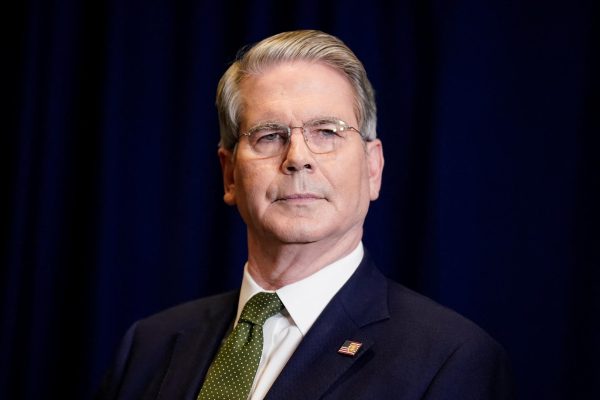
The U.S. negotiated a $20 billion swap line with Argentina’s central bank to stabilize the country’s economy, according to Reuters.
Treasury Secretary Scott Bessent said Wednesday that the U.S. is prepared to purchase Argentina’s dollar-denominated bonds if necessary.
The U.S. will also provide supplemental credit through the Exchange Stabilization Fund, Bessent said.

